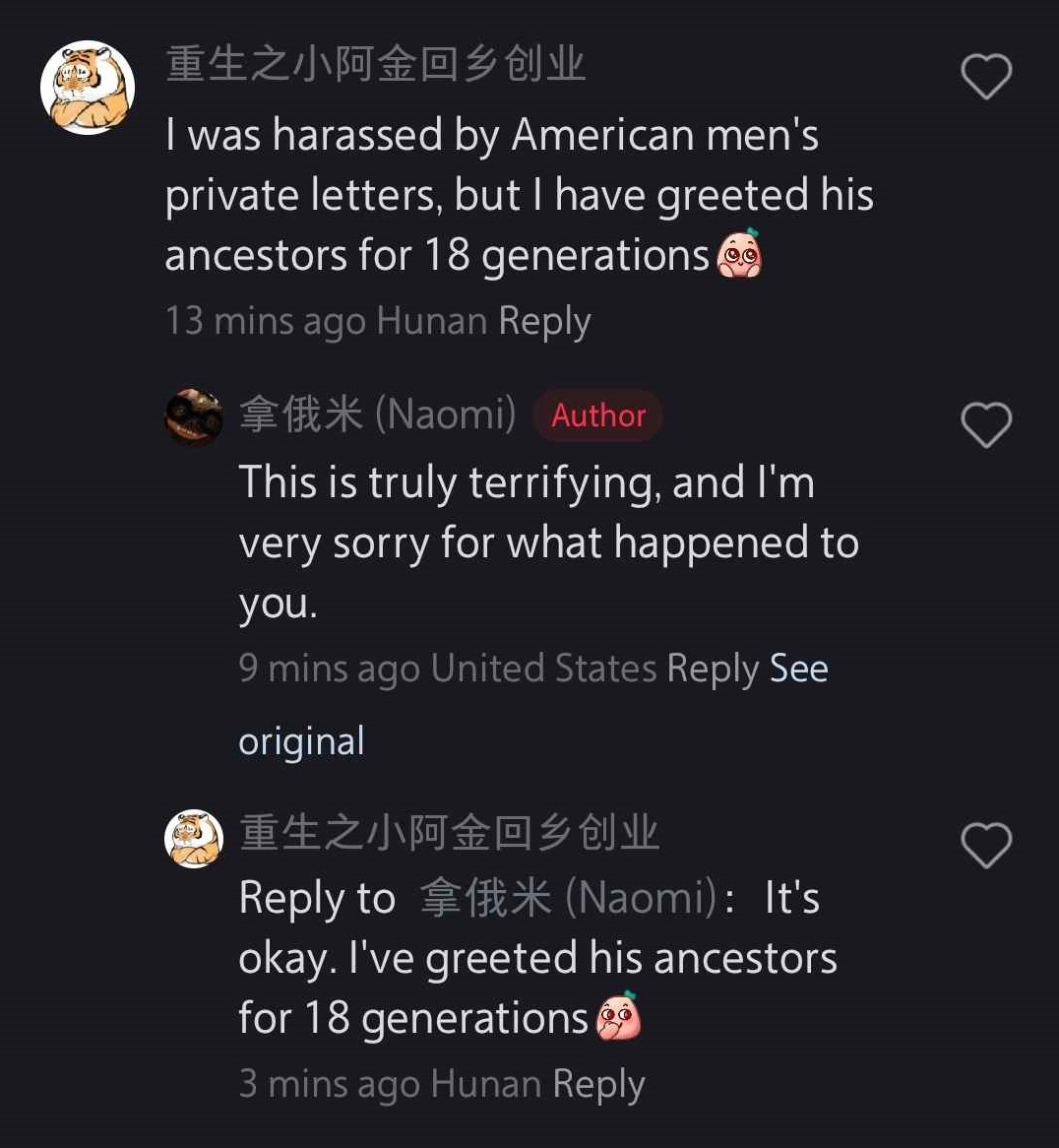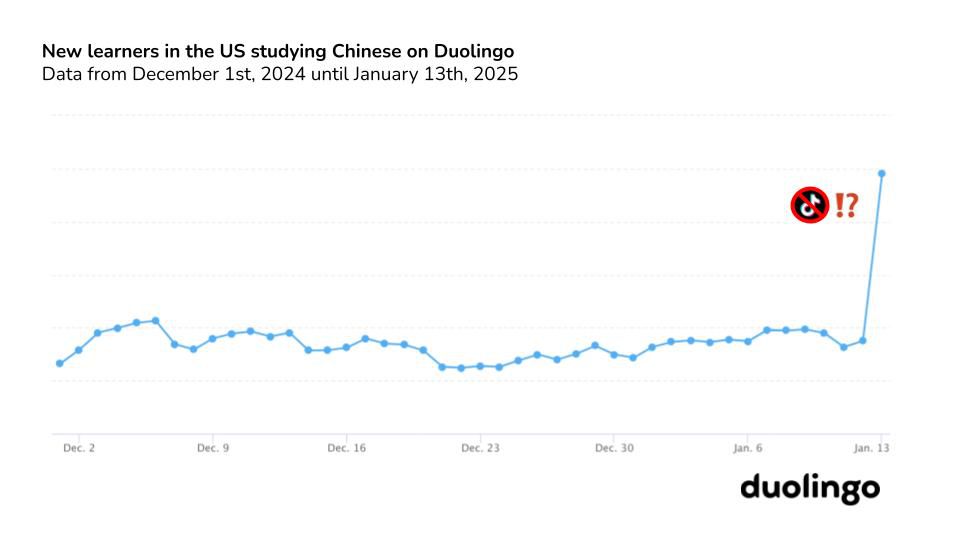
Zuzak
We're in a season finale.
I support your journey. Love is love.
The Bolsheviks developed out of "The Russian Social Democratic Labor Party," and organization where Lenin had a prominent position - because explicitly communist parties were illegal and repressed, so for a time everyone just called themselves social democrats. As for Lenin, he was a bit like Luthen from Andor, he kept his circles tight and did what he could to rigorously vet their ideology.
Something similar happened in China, though not by choice - the Long March was so deadly that those few who survived it proved that they were genuinely committed to the cause. The fact that Deng Xiaoping was there from the start is part of why Mao was indecisive about him, purging him and then letting him back in several times.
I believe there's sometimes been a strategy of having a nonthreatening, public facing organization, which aids and provides cover for a more radical, underground group. I don't have a source for that, but that's how I've heard American communists functioned before they were stamped out.
That's probably because of federation. Interacting with people on the outside makes us appreciate each other more and gives an outlet for people looking for a fight.
Also you're 100% correct about the rock stacking thing, it was a completely innocent, informative post politely asking people not to go out of their way to do a random environmentally harmful thing, and a bunch of people went crazy over it for no reason.
It's not necessary to incorporate metagaming into Paranoia, you shouldn't have any problems running it more conventionally. Those suggestions are pretty much just for fun, and if you don't think they'd be fun for your table, don't do them. I think the reason it suggests things like punishing a PC for OOC questions is to set the tone of, well, paranoia. Poking around at things you don't need to know is always risky. Also, I wouldn't say backstabbing is necessary either. If the players would rather work as a team, let them, give them NPCs in case they do need to backstab somebody.
However:
I would consider my players trustworthy. I can be reasonably sure they're more interested in a good story than rules lawyering or metagaming.
This is the only part might be a problem, lol. Paranoia is all about rules lawyering. A big theme of the game is coming up with convoluted technicalities, either to hit your players with, or for players to justify their actions, or for players to pass blame onto other players with. Like, the computer instructed you to do this task, and obviously you have to do X to accomplish that task, but you don't have the clearance to do X, and the computer won't explicitly give you permission or provide an alternative (realistic) solution, so the challenge is finding a way to get X done while having plausible deniability or being able to blame someone else for it.
A lot of the ideas behind the system are to turn assumptions about roleplaying on their head and to give permission (and encouragement!) for things like (in character) rules lawyering. Idk if that sounds bad but like it's a satirical setting where nonsensical, contradictory rules that make it impossible to do your job are played up to 11 for comedy and as long as you're following the exact letter of what you're told, anyone who challenges you or interferes in any way is committing an act of treason and trying to get you to disobey orders because they think they know better than Computer, and is probably also a mutant commie terrorist. The more bizarre technicalities and loopholes your players come up with to get away with shit ("getting away with shit" here also including, actually doing their jobs without dying), the more immersive the setting. It's cathartic.
It's a rules-lite system that's flexible enough to fit a lot of different styles, but in my personal opinion, that sort of rules lawyering and malicious compliance is what makes Paranoia Paranoia. If none of that sounds appealing, you could still probably make it work, but there might be another system that's a better fit.
I think I see your point a bit more, I didn't really think about the implications of American fascism being a new thing. Also didn't want to single you out or anything.
I hear you, I just feel like the meme was about the ordinary soldiers rather than the government. Fully respect wanting to correct the record regarding the government, just felt it was worth a reminder that there were people like the soldier in the meme who did sacrifice a lot fighting for a worthy cause and who do deserve respect, and our criticism of the government shouldn't overshadow that. Just a small pushback on that, but one I felt was important.
There were also 400,000 soldiers who died fighting fascists under the US flag, who were not responsible for their government's decisions regarding the use of nuclear weapons, nor Operation Paperclip, nor any other major government decisions.
I gotta push back against the criticism that several of my comrades in here are expressing. Y'all are talking about the US collaborating with Nazis after the war, and you're not wrong about that, but that was the US government, while this meme is about a soldier. The soldiers on the ground fought for all sorts of reasons, they might have opposed the Nazis for all sorts of ideological reasons, or they might have just been doing it out of loyalty, or any of the other reasons soldiers fight. But there were people on the ground fighting the Nazis under a US flag who were committed antifascists and even communists. As for the others, whatever their reasons, when the call came to save the world from fascism, they answered, and were willing to sacrifice life and limb to do it. That's pretty heroic if you ask me. And they weren't the ones who made the decision to let Nazis into NATO and stuff afterwards.
I understand the defensiveness against attempts to glorify the US while villifying the USSR and downplay their (more substantial) sacrifice and contribution to the war. But there's nothing in this meme that's doing that, and there were Americans who contributed to the war effort. Is it necessary to kneejerk react to a meme celebrating someone who fought the Nazis by talking about the government that ruled over them? People aren't defined by their nation or their government.
Let's not forget the proud tradition of people like Woody Guthrie, who explicitly tied the war effort to a broader idea of antifascism, nor of the people on the front lines who he inspired.
No offense, but you're wrong about this.
Machine learning does have valid use cases, and chess (and go and other board games) is one of them. The thing about chess is that there's a definitive win state that the AI is trying to reach. This is a huge difference from language and image models, which require human input to tell them if they're any good or not, and feeding the output back into it makes it more and more gibberish. With chess AI, the goal isn't to play like a human, but to win, which means it can judge it's own output against that metric and train off of that, with no need for human games at all. You can start it off playing random nonsense moves, and then let it run, and it'll play millions of games getting a little better with each one, as fast as the hardware allows. The end result is something much, much better than what any human or brute force algorithm can achieve. Speaking as a go player, AI has completely revolutionized the way we play the game, and I believe the chess world has had a similar experience.
Having said that, there have been some problems with go AI. A while back, somebody discovered a trick that anybody could use to beat otherwise unbeatable AI. It involved intentionally letting a group get surrounded with no way to live, and then surrounding the group surrounding that group in order to kill it. It was a nonsense strategy that any human player would catch on to and subvert, but because it was a bad strategy, the AI never tried it and so it wasn't in its training data. This served as an important reminder that the AI isn't perfect and isn't actually thinking.
However, without exploits like that, nobody, not even the top professionals, have any chance whatsoever of beating a top AI. And that only started being the case with go relatively recently, because the brute force algorithms weren't good enough but the machine learning algorithms were a huge leap forward, and they're getting better and better.
I'm as much of an AI skeptic as the next person, but a W is a W.
If I say, "Knight to B4," does that sound like something a person playing chess might say? Then it did it's job.
Think of an LLM as an actor. You don't hire someone to act as a grandmaster in a movie based on their skill at chess, they might not even know how to play, but if they deliver the lines in a convincing way, that's what you're looking for. There's chess AIs that are incredibly good at chess, because that's what they're designed for and trained on. That's why this is a very silly test, it's like testing a fish on its tree-climbing ability, the only thing sillier than this test is that people are surprised by it.










